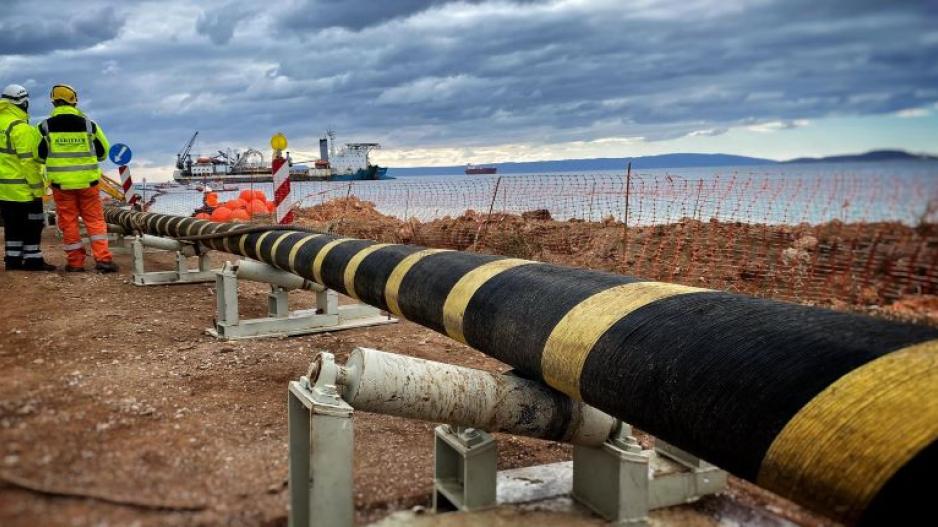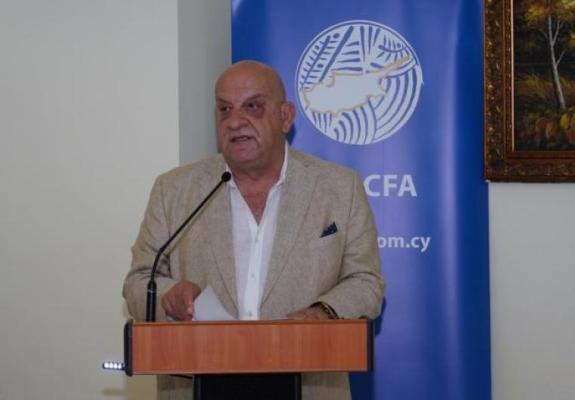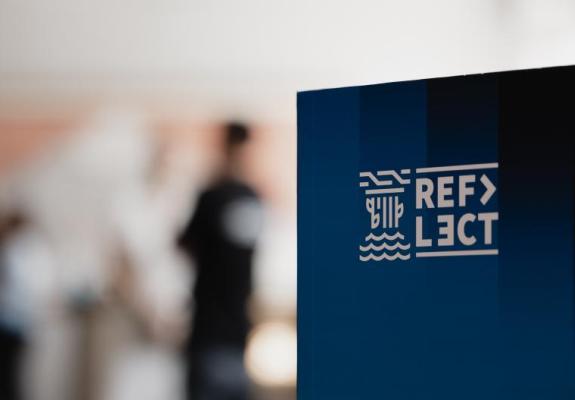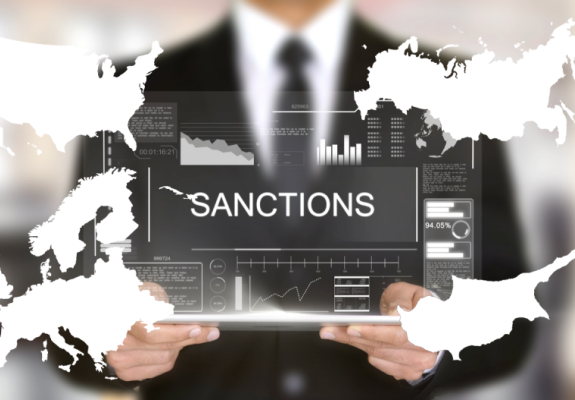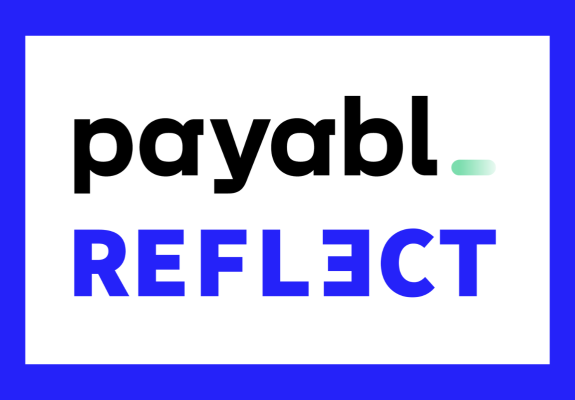Cabinet Gives Green Light for Cyprus-Greece Electrical Interconnection
The Electrical Interconnection Is Expected to Reduce Electricity Costs by up to 40% and Significantly Contribute to Cyprus’ Ambitious Green Transition Goals
An agreement has been reached between Cyprus and Greece to share the costs equally (50-50) in the event that the Cyprus-Crete electrical interconnection cannot be completed due to geopolitical risks. The operating costs of the interconnection will also be split 50-50, down from the previous 63%-37% ratio for Cyprus and Greece, respectively.
During the construction phase, from January 1, 2025, to December 31, 2029, the cost-sharing will remain at 63% for Cypriot consumers and 37% for Greek consumers. In a decision announced yesterday, the Cabinet confirmed that the Cypriot government will cover the costs that would otherwise be borne by Cypriot consumers during this period, allocating €25 million annually with a total five-year cap of €125 million. It has been officially confirmed that this amount does not constitute state aid.
According to government sources, if the costs for Cypriot consumers exceed €125 million, the excess will be capitalized and added to electricity bills only after the interconnection is operational.
Following the Cabinet's decision, it is expected that the Cyprus Energy Regulatory Authority (CERA) will revise its previously negative stance on passing the costs to Cypriot electricity bills.
Government sources said that last week’s negotiations with all involved parties provided satisfactory answers to key concerns. A roadmap for the next steps has been established, with Minister Papanastasiou noting that these objectives will require ongoing political consultation at the highest levels.
The government views today’s decision as a milestone. According to ADMIE’s cost-benefit study, the electrical interconnection is expected to reduce electricity costs by up to 40% and significantly contribute to Cyprus' ambitious green transition goals.
It is also noted that President Christodoulides will discuss the issue with Greek Prime Minister Kyriakos Mitsotakis during his visit to Athens on Thursday, though no major announcements are expected at that time.
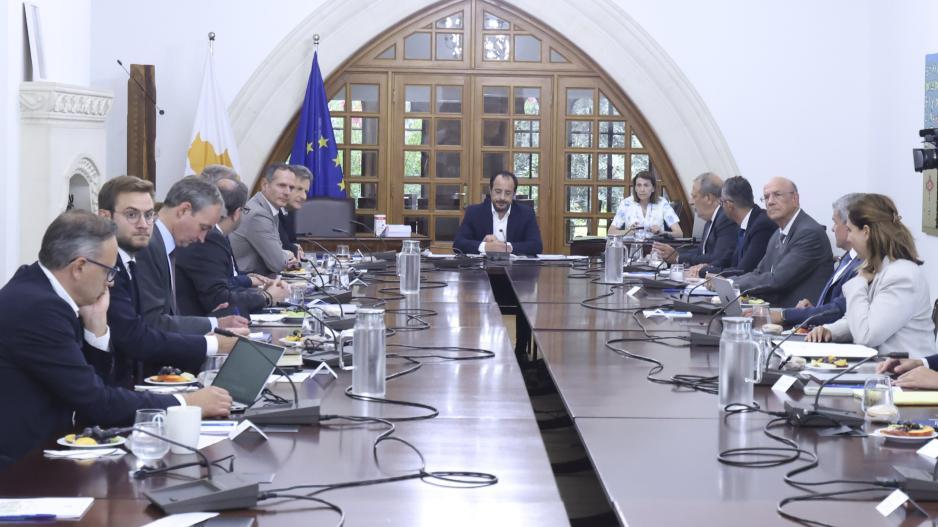
Energy, Commerce, and Industry Minister Giorgos Papanastasiou, in his statements on Tuesday, revealed that the first €25 million installment will be included in a supplementary budget to be submitted to the House of Representatives for approval.
According to sources, the first payment will be made to the contractors once they present evidence of project progress for the first year. This is not expected to happen before 2026. However, the government deemed it necessary to include the first installment in the supplementary budget to ensure timely approval of the funding. The amount will be sourced from the Republic of Cyprus' Permanent Fund, specifically from the auction system for emissions rights, as announced by Papanastasiou.
The total cost of the interconnection, based on current estimates, is €1.94 billion. Of this, €1.4 billion pertains to Nexans' contract for the cable's construction and installation, a deal that the government secured during recent negotiations. An additional €400 million will cover Siemens' contract for voltage converters. Government sources indicate that preliminary agreements with Siemens have been established, with the formal contract expected to be finalized soon.
To date, €657 million has been secured from the European Commission for the project, underscoring its importance to the EU. As Papanastasiou noted, EU directives mandate that by 2030, all member states must secure at least 15% of their electricity consumption from interconnections, with an emphasis on green energy transmission.
An additional €100 million has been obtained through Cyprus' Recovery and Resilience Plan. The government is yet to decide whether to provide this amount as a grant or participate in the equity capital of the Great Sea Interconnector. Papanastasiou has repeatedly stated that a final decision on the Republic's equity participation will be made after due diligence and the completion of a cost-benefit study by an independent firm. The decision will also consider the European Investment Bank’s analysis of the cost-benefit study from Greece's Independent Power Transmission Operator (ADMIE), though this will not be a decisive factor for Cyprus' participation in the project.
Government sources also mentioned that the project, offering an 8.3% return over 17 years, is considered highly attractive to investors. TAQA, the Abu Dhabi National Energy Company, expressed interest in the project, and negotiations are reportedly at an advanced stage. TAQA has already begun due diligence for its potential participation. Additionally, investment funds from the U.S. and Israel have shown interest.
